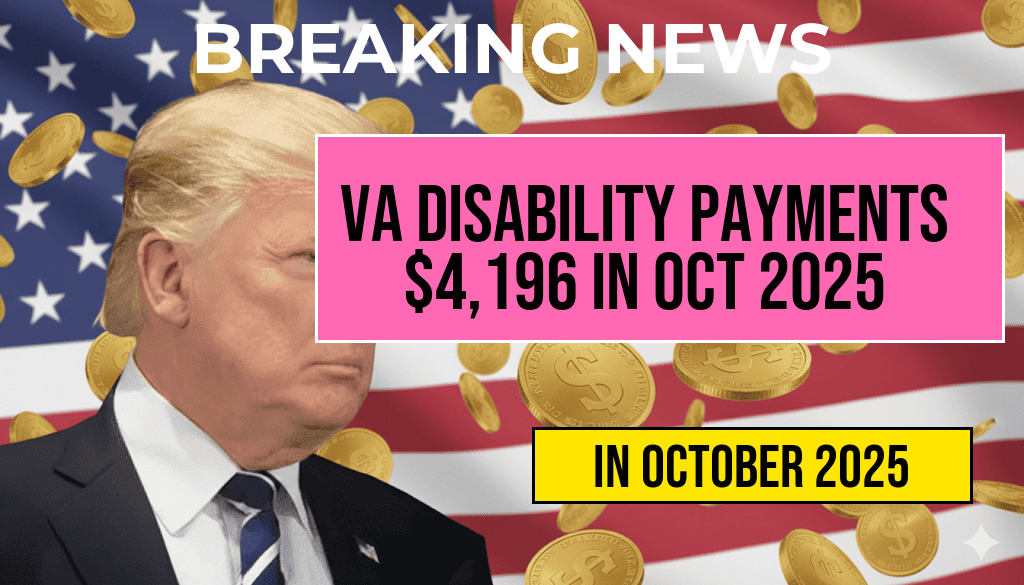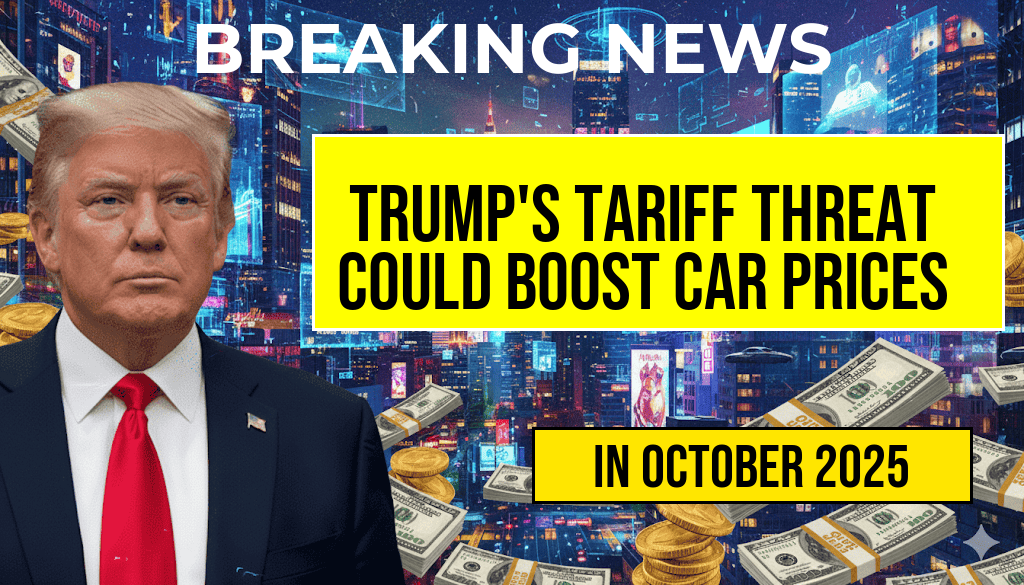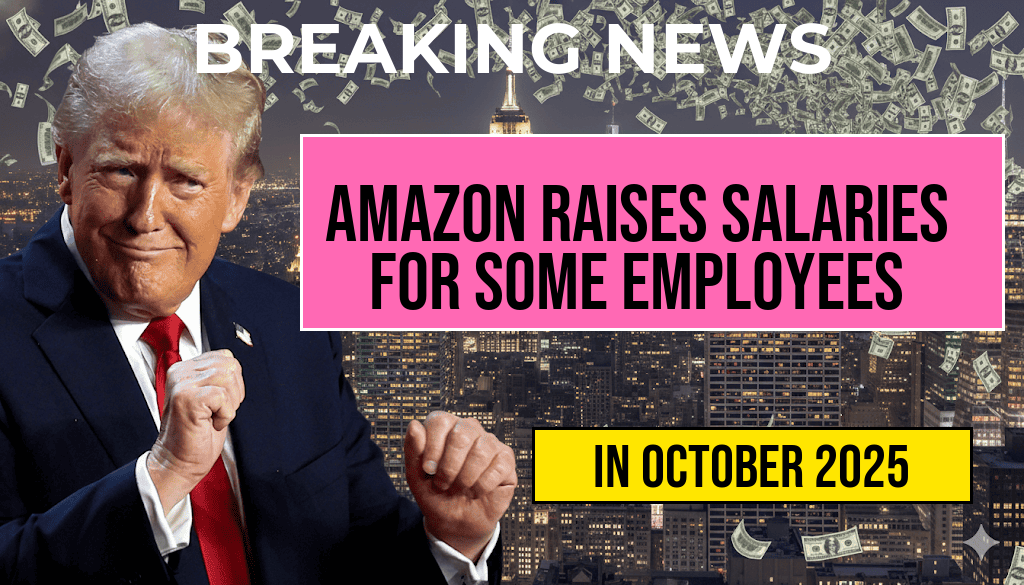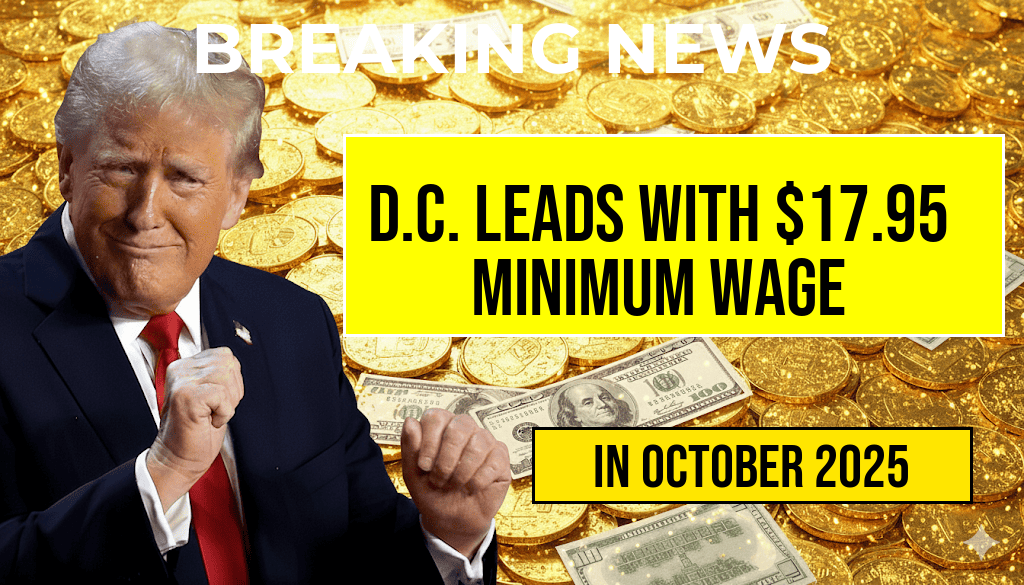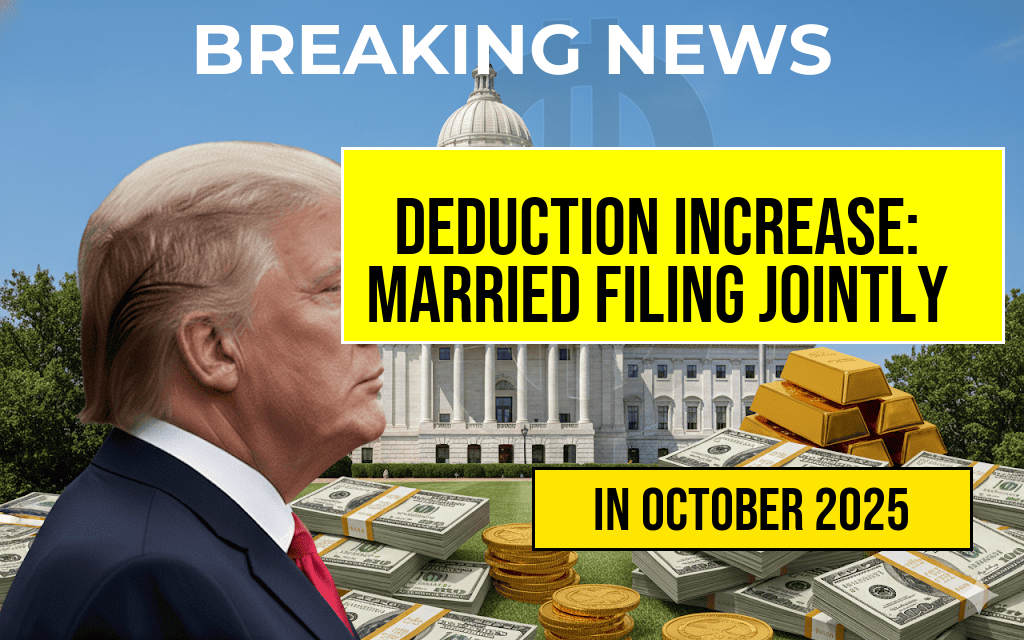Automotive manufacturers and consumers alike are facing a potential upheaval in the vehicle market as President Donald Trump’s recent tariff threats could lead to significant price increases. If enacted, these tariffs could add as much as $5,286 to the cost of a typical new car, according to industry analysts. The proposed tariffs target key imported components and vehicles, raising concerns about affordability, supply chain disruptions, and the broader economic impact. With the U.S. auto market hitting record sales figures in recent years, the possibility of increased costs threatens to reshape purchasing patterns and dealer inventories across the country.
Background of the Tariff Threat and Its Implications
President Trump has periodically threatened to impose tariffs on imported goods, citing concerns over trade deficits and domestic manufacturing. Recent statements suggest a renewed focus on automotive imports, especially from countries like China, Mexico, and the European Union. These nations supply a substantial portion of vehicle parts and finished vehicles to the U.S. market.
According to industry estimates, a tariff of 25% on imported vehicles and parts could substantially inflate costs. The U.S. automotive sector relies heavily on global supply chains, with parts often sourced from multiple countries. An increase in tariffs would likely lead to higher manufacturing costs, which manufacturers may pass along to consumers.
Projected Price Impact on Consumers
| Scenario | Additional Cost per Vehicle |
|---|---|
| 25% Tariff on Imported Vehicles | $3,000 – $5,286 |
| Tariffs on Key Auto Parts | $1,500 – $2,000 |
| Combined Effect | $4,500 – $7,286 |
Most industry experts agree that the median increase in a new car’s price could range from $3,000 to over $5,000, depending on the model and manufacturer. This escalation would notably impact entry-level and mid-range vehicles, potentially pricing some consumers out of the market altogether.
Manufacturers’ Responses and Market Dynamics
Automakers Prepare for Potential Cost Hikes
Major automakers, including Ford, General Motors, and Toyota, have publicly expressed concern over potential tariffs. Many are actively exploring alternative sourcing strategies and supply chain adjustments to mitigate costs. Some manufacturers have warned that sudden price increases could dampen demand and slow sales growth.
For brands heavily reliant on imported parts, particularly from Mexico and Asia, the tariffs could cause production delays and increased expenses. This, in turn, might lead to reduced inventory levels at dealerships, further tightening the market for new vehicles.
Impact on Used Car Market and Leasing
Higher new vehicle prices tend to push consumers toward the used car market, potentially inflating prices there as well. Leasing rates could also rise, as the overall cost of acquiring new vehicles increases. Consumers might find themselves paying more monthly for similar vehicles compared to previous years.
Potential Broader Economic Consequences
The threat of tariffs has prompted concerns about broader economic repercussions beyond just the automotive sector. Increased vehicle prices could reduce overall consumer spending and slow economic growth. Additionally, higher vehicle costs might influence inflation rates and consumer sentiment, with some analysts warning of ripple effects across other sectors such as insurance and financing.
Trade experts note that retaliatory tariffs from other nations could further complicate the landscape, leading to a cycle of escalating trade barriers. The economic impact of tariff threats remains uncertain, but the potential for increased consumer costs is clear.
Consumer Outlook and Industry Predictions
Analysts recommend that prospective car buyers remain attentive to developments, as policy decisions could shift pricing dynamics rapidly. Industry forecasts suggest that if tariffs are implemented, the market could experience a slowdown in sales, especially among budget-conscious buyers. On the other hand, some automakers might accelerate incentives and discounts to offset the higher costs, at least temporarily.
For now, the automotive industry is bracing for possible changes, with manufacturers and dealers preparing contingency plans. Consumers are advised to consider purchasing decisions carefully and stay informed about policy updates that could influence vehicle prices in the coming months.
Frequently Asked Questions
What is the main concern regarding the new tariffs mentioned in the article?
The primary concern is that Trump’s tariff threat could lead to a significant increase in vehicle prices, potentially raising the cost of new cars by up to $5,286.
How might these tariffs affect consumers in the new car market?
Consumers may face higher purchase prices for new vehicles, which could reduce affordability and possibly lead to decreased sales within the automotive industry.
Which types of vehicles are most likely to be affected by these tariffs?
The tariffs are expected to impact imported vehicles and parts used in manufacturing, especially foreign-made cars and components, leading to broader price increases across various vehicle models.
What are the potential implications for car manufacturers?
Car manufacturers may face higher import costs, which could prompt them to either absorb some of the costs, pass them on to consumers, or adjust their production strategies to mitigate the impact.
When are these tariffs expected to take effect, and what can consumers do?
The timeline for the implementation of these tariffs remains uncertain. Consumers should stay informed about market developments and consider acting sooner if they plan to purchase a new vehicle.



